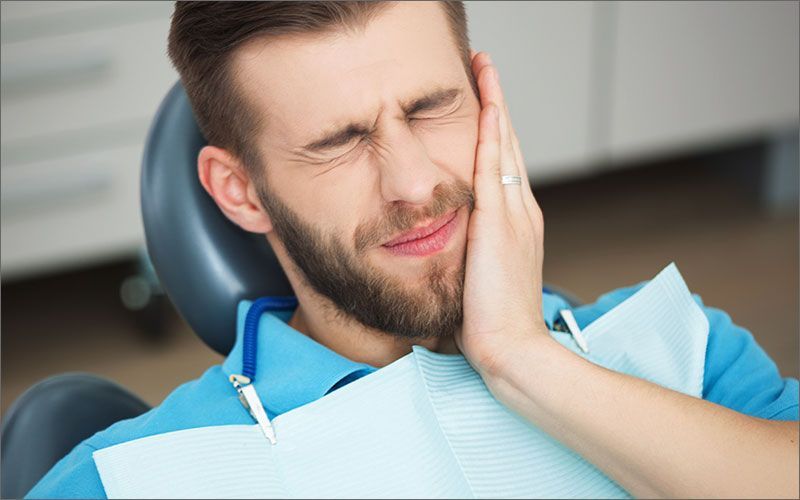Emergency Dentistry
in Garland, TX
A dental emergency is any situation that requires immediate medical attention. In the event of an emergency, your dentist will promptly provide appropriate treatment, often on the same day as the emergency.
A dental emergency is any life-threatening or severe injury that occurs around your mouth. These injuries can include:
- Jaw fractures and dislocations
- Chipped or broken teeth
- Knocked-out teeth
- Swelling
- Bleeding
- Tooth pain
- A sudden inability to bite or chew food
- Facial injury
- Broken dentures
What to Expect
During your appointment, our dentist will first administer any medications necessary to completely alleviate your pain. Then, our dentist in Garland, TX will gently examine your tooth, gums, and soft tissues to determine if more comprehensive treatment is needed. If X-rays are needed to have a better understanding of the situation, they are obtained. If you have a dental infection, antibiotics are given before moving on to further treatment.
How To Prevent Most Dental Emergencies
Practice proper oral hygiene
Adopting a proper oral hygiene routine is the best way to keep your teeth and gums healthy. Brushing your teeth twice per day and flossing at least once a day will go a long way toward preventing tooth decay and gum disease. In addition to brushing and flossing after meals, be sure to use fluoride toothpaste and drink fluoridated water.
Wear a mouthguard
Mouthguards (also known as mouth protectors) are specially designed devices that cover your teeth and gums. They can help prevent damage to the teeth, lips, cheeks, gums, and tongue.
You can wear a mouthguard during any activity where there’s a risk of falling, and your face or head could hit something. This includes sports such as football or basketball, as well as activities like skateboarding or bike riding. Mouthguards can also help prevent dental emergencies like a broken tooth or cut to the soft tissues of the mouth.

Get regular dental checkups
It is always a good idea to visit your dentist at least twice a year for a cleaning and checkup. Preventive care helps you avoid costs and discomfort associated with dental emergencies.
See your dentist as soon as you notice a problem
A dental emergency includes any instance where your tooth, gums, or mouth is injured or infected and requires immediate medical care. Accidents aside, certain health conditions can also require emergency care. For example, if you develop an abscess, you may need to visit your dentist immediately. Abscesses are infections that occur near the root of a tooth. Often, an abscess forms when teeth have been damaged, either by injury or infection. In these cases, a root canal might be necessary to remove the infection and restore the tooth.
A dental emergency can also occur due to an infection in the mouth. For example, if you develop a stye, an abscess, or any other infection, you should visit your dentist as soon as possible. Infections can affect the teeth, gums, and jaw. They should be treated immediately to help prevent further complications.

